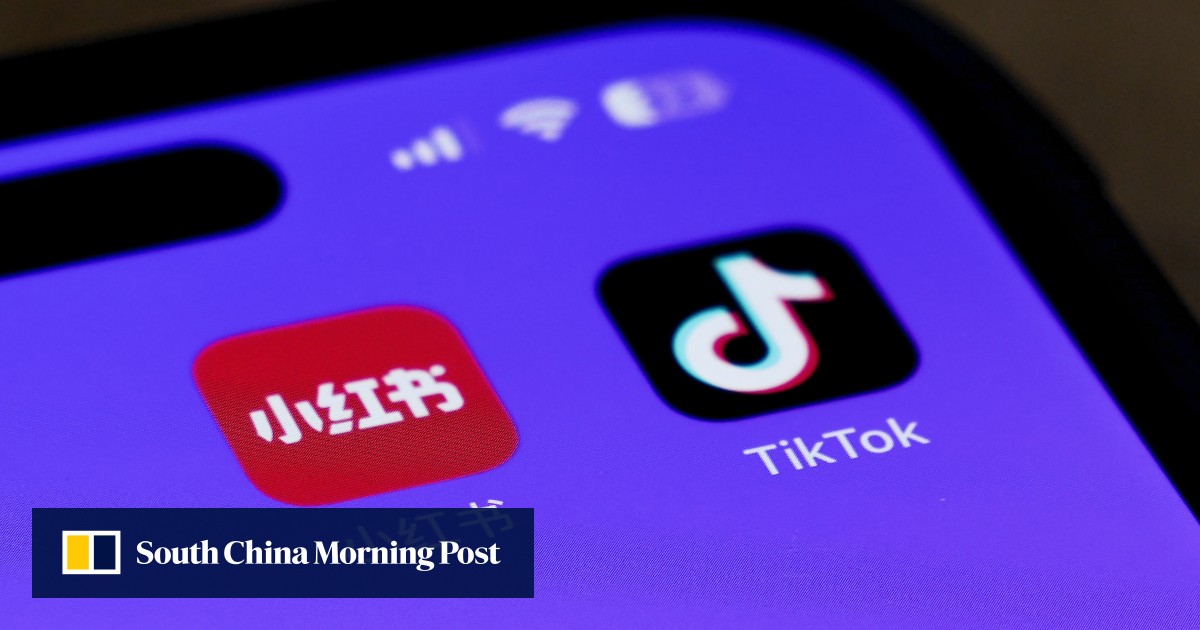JAKARTA - Indonesia’s plan to set a minimum age for social media users has been largely welcomed by parents and advocacy groups, although some have also raised a few concerns over the plan, including possible leakage of personal data.
Communications and Digital Minister Meutya Hafid said on Jan 13 that talks on the age restriction had begun, with the government aiming for a law to protect children online.
The plan follows Australia passing a law in late 2024 that bans children under 16 from using social media.
An age-assurance trial to test the technology to enforce the Australian law is starting in January, with the ban set to take effect in a year. Australia’s move is one of the strictest internet crackdowns on online harms to date.
The onus is on social media players such as Facebook, Instagram and TikTok to stop children under 16 from logging in, or face fines of up to A$49.5 million (S$42 million).
In Indonesia, Deputy Communications and Digital Minister Nezar Patria told The Straits Times that the age limit would be based on the data protection impact assessment by social media platforms.
A data protection impact assessment is a process that identifies and analyses the data protection risks. It allows the social media platforms to understand the risks when children are exposed to dangerous content and are connected to or exploited by harmful contacts.
Such an assessment is required under Indonesia’s 2022 Personal Data Protection Law
“The age limit is necessary to prepare children physically, mentally and emotionally for utilising the technology in a positive way and avoid its abuses with these children becoming either perpetrators or victims,” Mr Nezar said.
The government is examining options, such as issuing a government regulation, or PP, that can be passed quickly to achieve the same goal as the age limit law, he added.
Houmemaker Rizky Amalia, 30, agreed with an age limit on using social media and suggested 15 years old as the minimum age to log in.
“Social media is too open. All materials can be accessed easily (by children), worrying us as parents,” she said, adding that she had tried to teach her four-year-old son about content that he can watch.
Lecturer Hendar Putranto, 45, said the types of restrictions and how they will be enforced should be discussed thoroughly first.
“Without regulations, freedom of information can become a ‘dangerous weapon’,” he said, citing how children could obtain dangerous content on social media, such as how to assemble bombs or use firearms.
That said, Mr Hendar said he could see ample benefits of social media for his 13-year-old daughter and her peers, as the platforms serve as a source of knowledge and a tool to expand their network of friends in Indonesia and beyond.
“Regardless of all debates that social media can facilitate online bullying, cause addiction and other bad things, we may also need to see that if the accessed social media content is proper in terms of age and appropriateness, it may become a catalyst for psychological growth of children,” he said.
Around 89 per cent of Indonesian children above the age of five use the Internet, and most of them access social media, according to the government’s information agency Statistics Indonesia.
The government has detected a worrying trend, with the Financial Transaction Reports and Analysis Centre reporting that about 80,000 children under 10 and 196,054 aged 11 to 19 becoming the victims of online gambling.
On the flip side, Ms Nenden Sekar Arum, executive director of South-east Asia Freedom of Expression Network, cautioned that while imposing online restrictions for children would be important, the government must not neglect their right to information.
“There should be a balance between protecting children and respecting their basic human rights as well as digital rights,” she told ST.
She also raised concerns about the method to verify ages, such as by uploading details of the users’ identity cards, which means handing over of personal data to social media platforms, risking their leakage.
Ms Ai Maryati Solihah, chairwoman of the Indonesian Child Protection Commission, one of the initiators of the age limit plan, told ST that it had consulted children and would continue to hear their views on how they think the age limit would be best applied.
“For instance, some of them agree to verify their age (via) e-mails to their parents, but others disagree,” she said.
Mr Andy Ardian, the national coordinator of Ecpat Indonesia, a national coalition that works to eliminate prostitution, pornography and trafficking of children for sexual purposes, said the government should make a concerted effort to protect children in the digital space.
“The Communication and Digital Ministry must take a lead by pushing the digital platforms to roll out better safety features and mechanisms as well as filters,” he told ST.
Social media, he noted, often becomes a platform for children to exchange pornographic content, and where child trafficking networks could reach out to their victims.
Both Ms Nenden and Mr Andy also called for the government to help enhance digital literacy among parents and their children.
“Imposing restrictions is a quick way to eliminate public anxiety, but it may not address the problem. It will be beneficial only if accompanied by efforts to ensure the children have sufficient knowledge and digital literacy,” Mr Andy said.
- Linda Yulisman is Indonesia correspondent at The Straits Times. She covers business, politics, social affairs and the environment.
Join ST's Telegram channel and get the latest breaking news delivered to you.

 By The Straits Times | Created at 2025-01-20 04:04:22 | Updated at 2025-01-20 08:24:00
4 hours ago
By The Straits Times | Created at 2025-01-20 04:04:22 | Updated at 2025-01-20 08:24:00
4 hours ago








